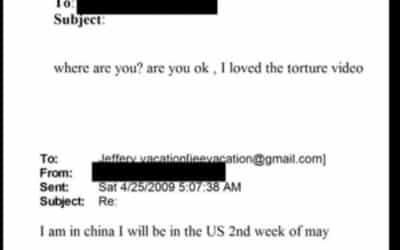“As A.J.P. Taylor once archly observed, leaders in the 19th century “fought ‘necessary’ wars and killed thousands; the idealists of the 20th century fought ‘just’ wars and killed millions.”
Stephen M. Walt (professor of international relations at Harvard University) argues at Foreign Policy that a one-size-fits-all world system is bound to fail. Walt cites three objections to the “hyperglobalization” currently favored by global elitists:
- States that interfere in foreign countries rarely understand what they are doing, and even well-intentioned efforts often fail due to ignorance, unintended consequences, or local resentment and resistance. A stronger norm of noninterference could make some protracted conflicts less likely or prolonged.
- Trying to impose a single model on other countries inevitably raises threat perceptions and increases the risk of serious great-power conflict.
- Creating a more stable international economic order while preserving most of the benefits of trade and comparative advantage will require fashioning trade and economic arrangements that permit great national autonomy, even at the price of slightly lower global growth rates.
This is the great battle playing out around the world. The U.S.A. foreign policy elites and their allies are trying desperately to maintain the post World War II liberal order in a world that no longer wants to be bound by the “Golden Straitjacket” of that world order.
“Looking ahead, greater respect for national sovereignty and fewer efforts to force the whole world into one way of living will help emerging rivalries stay within bounds and help countries with very different values cooperate on those critical issues where their interests overlap.”































